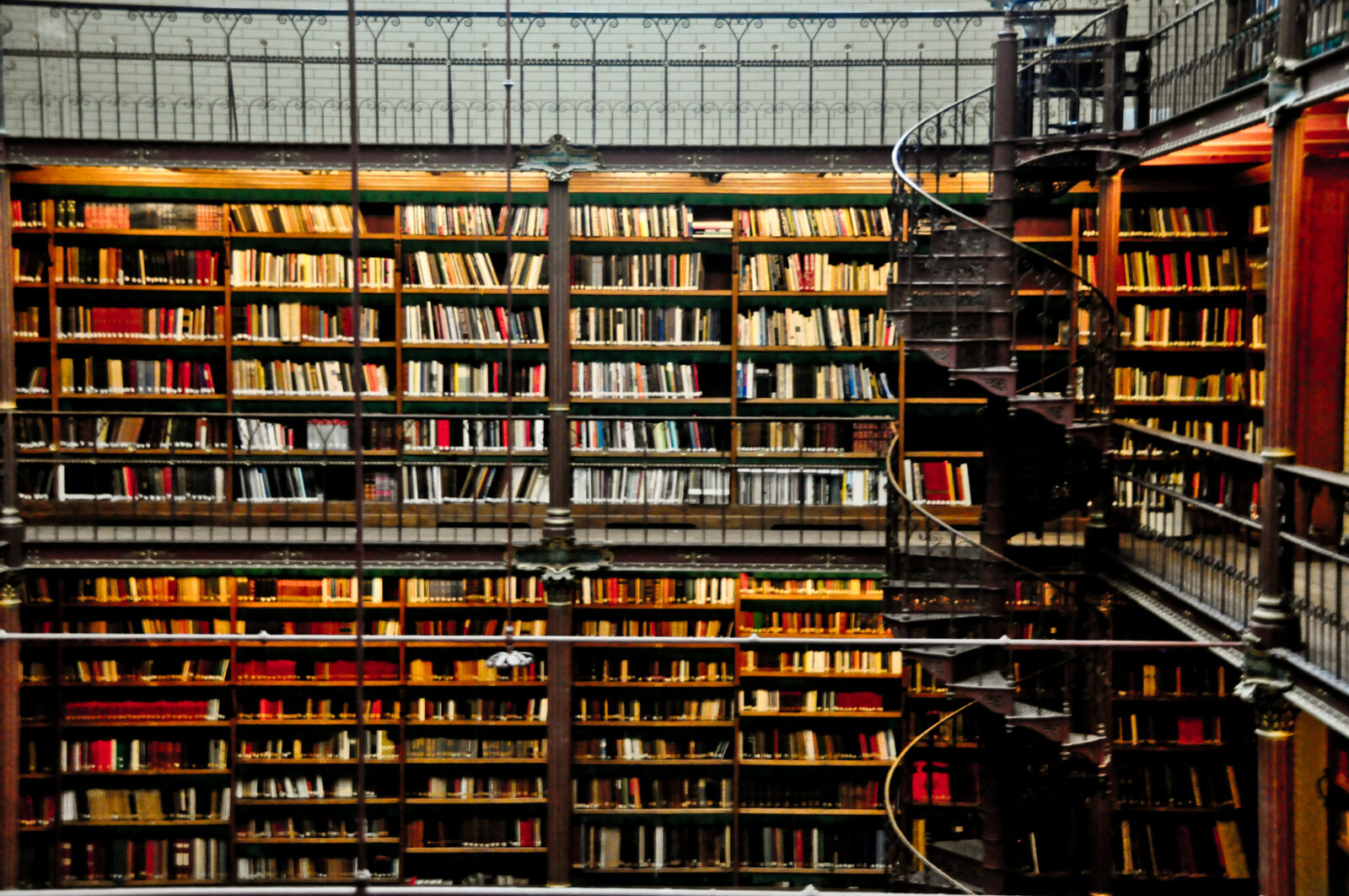
What will shape your children’s worldview in college? Many universities are hostile towards a Christian understanding of literature. Liberal arts colleges often require students to take one or more literature courses to meet the core requirement. So when your sons or daughters step into their first literature course on campus, will they be prepared to “give a defense to everyone who asks [them] the reason for the hope that is in [them]” as 1 Peter 3:5 commands?
The Modern Literature and Thought course at Wilson Hill equips high school seniors to offer a defense and to do so with confidence, grace, and wisdom. When professors point to the injustices committed by those in power against minority groups, for example, MLT students have learned how to respond in light of the gospel. When they read a novel like Things Fall Apart by Chinua Achebe, MLT students are prepared to find the light, even amidst the darkness that undoubtedly exists in the world. Wilson Hill MLT teacher, Anne Crawford, gives students the tools they need to understand and effectively engage secular perspectives on literature.
When classically educated students move on to most universities, they discover a very different way of understanding literature than the one they learned at their classical school. Early in the 20th century, most colleges adopted an approach called Critical Theory. Developed by cultural Marxists at the Frankfurt School, Critical Theory trains students to look at literature as a product of power dynamics constructed either to reinforce or deconstruct hegemonic privilege for certain identity groups. In other words, for the vast majority of colleges and literary critics, literature has been reduced to political activism. Decades later, this ideological, activist approach to art has escaped the universities and permeated our culture at large. If you have ever felt frustrated by “woke“ movies or TV shows, university literature departments are largely to blame.
Wilson Hill developed our Modern Literature and Thought class to address this problem. MLT prepares students to encounter and respond to Critical Theory in the university and broader culture. In this class, we trace the development of Critical Theory from its first beginnings in Marxism and Freudian psychoanalysis to its late manifestations in deconstructionism and queer theory. We read from proponents of Critical Theory as well as from Christian critics.
Along the way, we enjoy the essential texts of modern literature, from the aestheticism of James Joyce to the new critical vision of T.S. Eliot, from the feminist longings of Virginia Woolf to the southern nihilism of William Faulkner. As we read these pivotal texts, we practice looking at them through both the lens of Critical Theory and a Christian understanding of literature. Students learn how our a priori worldview assumptions radically shape the way we experience and interpret a story.
We end the course by studying three of the most important Christian authors of the 20th century: Flannery O’Connor, C.S. Lewis, and Aleksandr Solzhenitsyn. While future historians will undoubtedly look back upon the 20th century as a spiritually dark age, these authors show us how the light still shines bright, for the darkness can never overcome it (John 1:5). O’Connor, Lewis, and Solzhenitsyn show us how to find the thin threads of truth that stubbornly persist even in the most nihilistic or twisted literature. We learn how to pull out those threads of light and reweave them into new kinds of stories and art that can embody the beauty, goodness, and truth of the Christian story for a postmodern world.
Attribution: Photo of “Rijksmuseum Library” courtesy of Aureliano Nobrega via Flickr, under Attribution-NonCommerical-NoDerivs 2.0 Generic (CC BY-NC-ND 2.0).